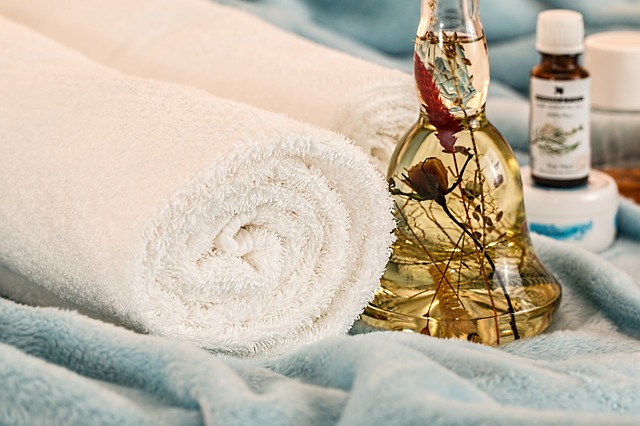Essential oils bear the name of the plants from which they are derived; for example, rose oil or peppermint oil. Such oils are called essential because they represent the very essence of odor and flavor of that plant.
To understand essential oils and how best they work, you need to know certain facts about these amazing oils.
1. Essential oils are not really oils
Surprised? Truth is; essential oils are simply highly concentrated plant constituents that possess potent medicinal and cosmetic qualities. They are technically not oils because they don’t contain fatty acids, which is what makes up an actual oil!
2. Essentials oils are naturally produced
This might sound like a no brainer, but the catch here is that since essential oils are naturally produced, it means that they can’t be patented. Therefore, you will never see an essential oil in a pharmaceutical product, and you can expect that the vast majority of traditional healthcare providers will never recommend them as an alternative to drugs.
3. Fragrances and essential oils differ
Essential oils are not fragrances; fragrances are not essential oils. Actually, one of the clues that a fragrance is synthetic is the fact that it uses the word “fragrance” or “perfume”. Even when a fragrance is termed ‘natural fragrance’, it really has no meaning with respect to it being an essential oil.
4. A large amount of plant is required to produce essential oils
Essential oils cannot be gotten from just a handful of plants. You would actually need an incredible amount of plants before you can extract a sizeable amount of essential oil. For instance, over 150 pounds of lavender flowers are needed to produce just one pound of lavender oil.
5. Essential oils have a pretty long shelf life
By simply storing them in dark bottles, away from heat and sun, in a cool, dry place, the durability of essential oils is longer. When properly stored, essential oils can last for years. This makes them a great investment over time. This, however, does not mean they last forever.
6. Terms such as ‘Therapeutic Grade’ mean nothing
You heard right. The term ‘therapeutic grade’ usually found in supposedly high-quality essential oils is simply a marketing term that started way back in the ‘90s. Nevertheless, essential oils have health properties that benefit its users. And today, most companies that sell essential oils include that in their label to also present their oils as the best in the market.
7. You can differentiate the high-quality from the cheap ones
Another fact you might need to know is that it is not so hard differentiating the high-quality essential oils from the cheap imitators. To determine the quality of the essential oil, simply look out for the common name of the oil, the name in Latin, the country of origin, the part of the plant processed, method of extraction and how the plants were grown. Good, high-quality oil manufacturers will give all of this information. Also, employ your sense of smell and sight, they will clearly tell the difference apart when you have a good oil and a bad oil in hand.


